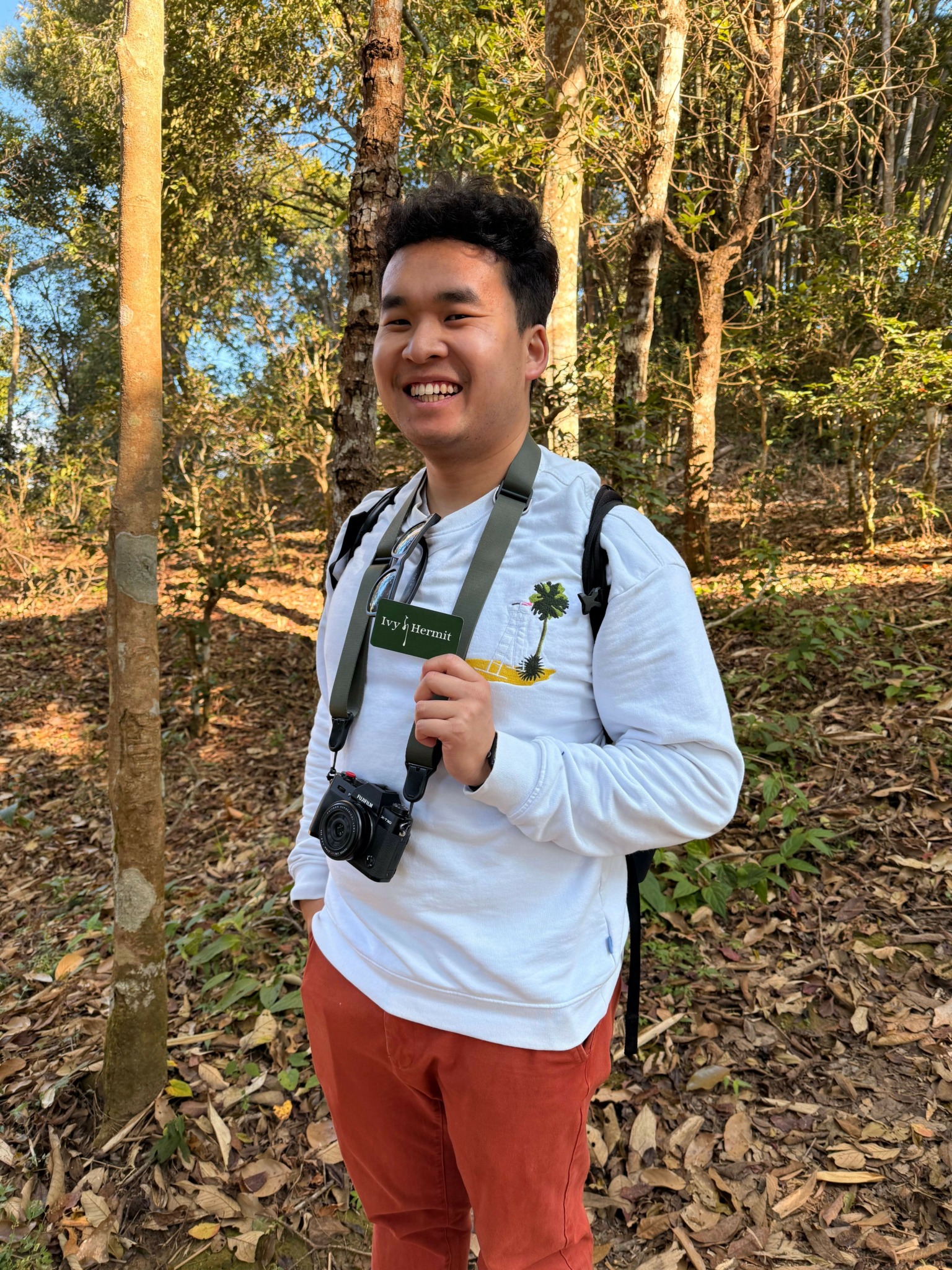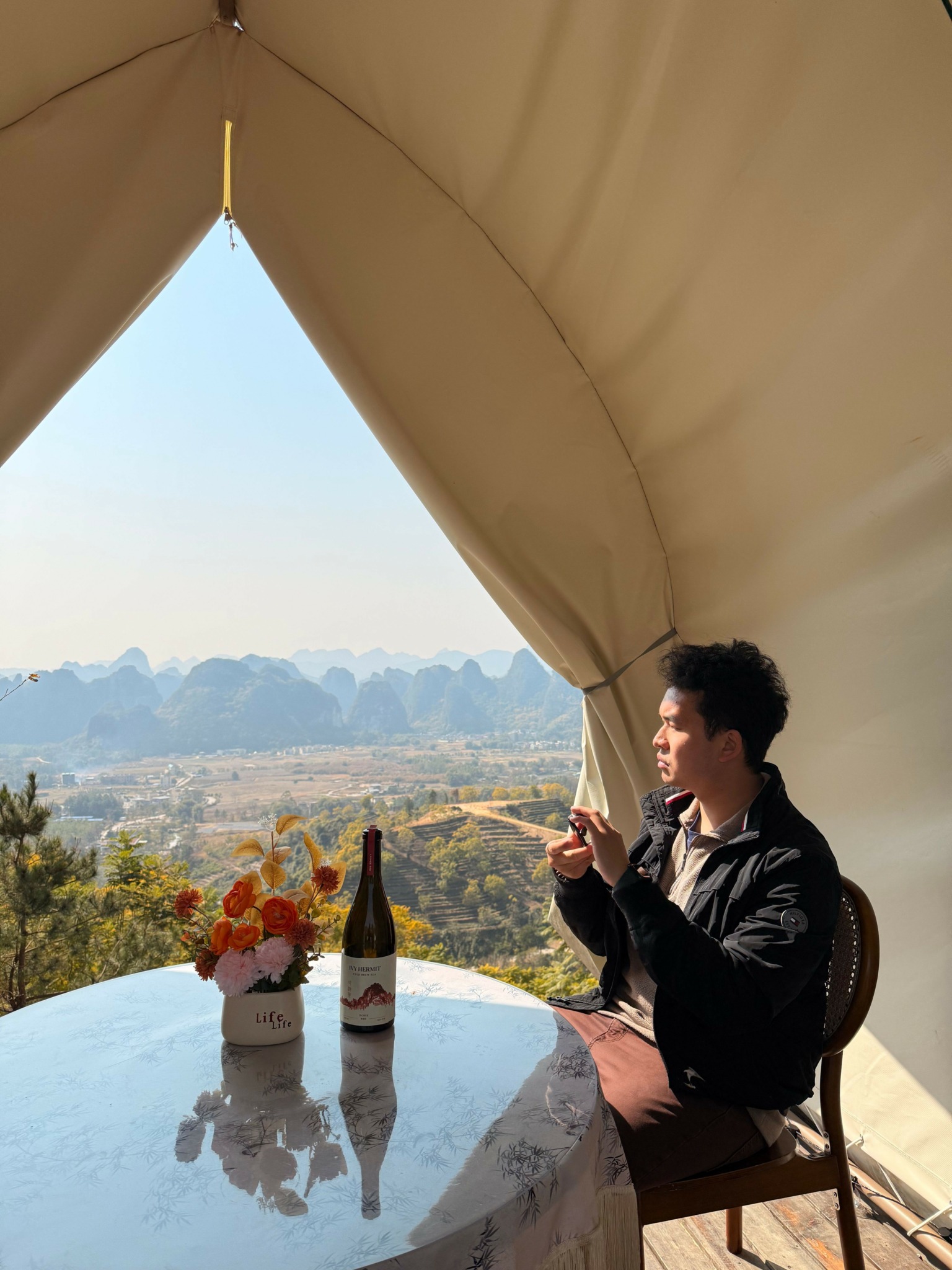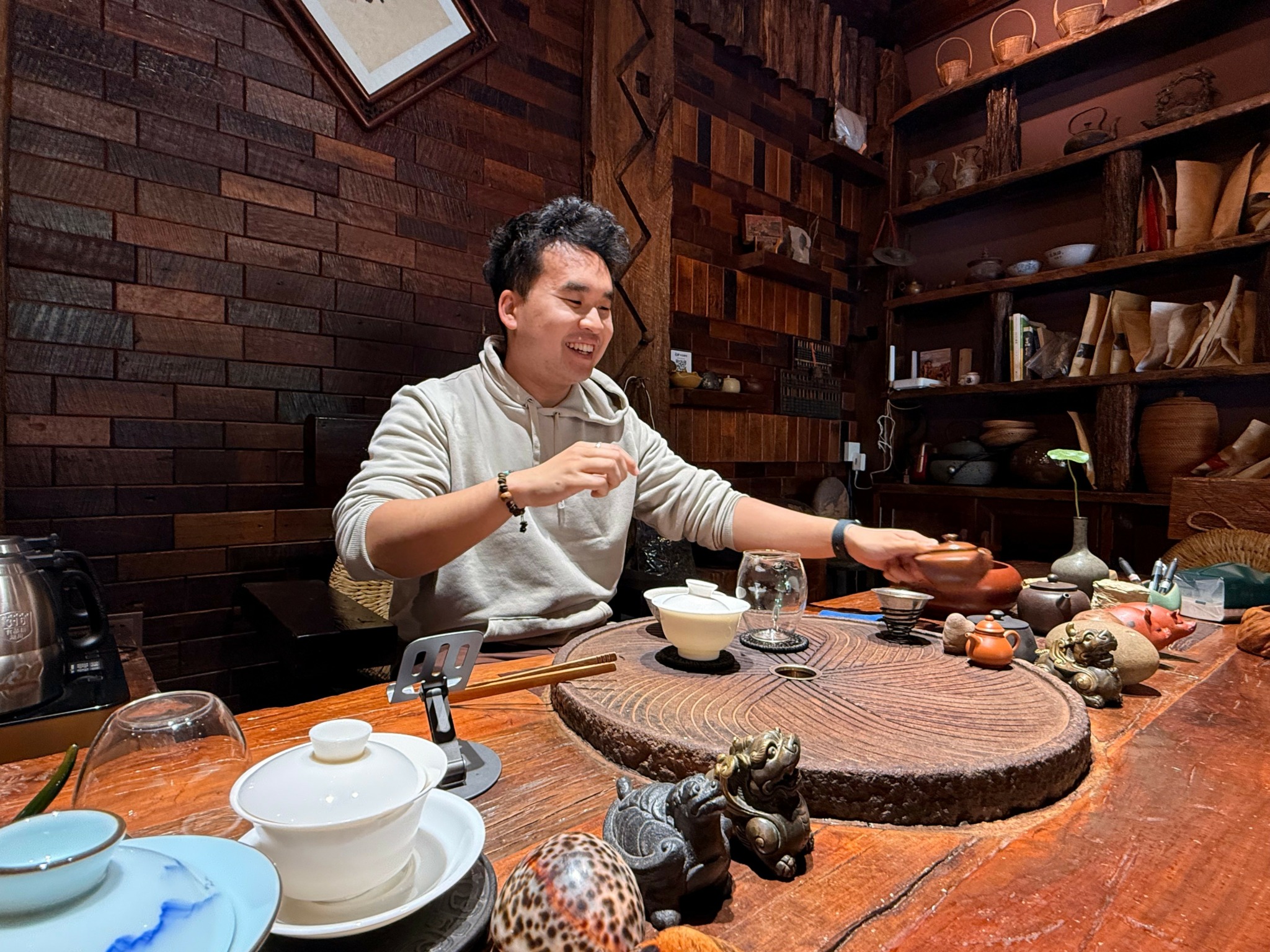We recently connected with Solomon Chan and have shared our conversation below.
Hi Solomon, thanks for joining us today. What was it like going from idea to execution? Can you share some of the backstory and some of the major steps or milestones?
It all started with a question that kept bothering me: why does ready-to-drink tea taste so soulless?
What I found on shelves in the U.S. was often overly sweet, laced with “natural flavors,” or just bland. But the deeper issue is that most people—even those who drink tea regularly—don’t really know the 6 main categories of tea. In Chinese, what the West calls “black tea” is actually hongcha, or red tea. Real black tea is heicha, or dark tea—post-fermented and complex. Somewhere along the way, the West collapsed thousands of years of tea culture into a single dusty teabag. Is black tea darker, or is dark tea blacker? That confusion alone says a lot.
As a Chinese-American, tea wasn’t some abstract concept—it was woven into my childhood. I grew up in the heart of San Francisco, where going for dim sum was a weekly ritual with my family. In Cantonese, we say yum cha—literally “drink tea”—but it means so much more. It’s how we connect, slow down, gossip, and show care. Tea is the anchor. But outside of that space, especially as I got older, I noticed tea had no real presence in our modern social lives. At night, if you wanted to meet up with someone, it was always mainly centered around alcohol and bars. That felt limiting—like we were missing something deeper.
That’s when the seed for Ivy Hermit started to grow.
I didn’t launch overnight. The idea lived in the background for years before I made the leap in 2023 with my cofounder James. I began by studying. I went deep into the six categories of Chinese tea—green, yellow, white, oolong, red, and black. I took classes, traveled to the tea mountains and connected with small producers in China, and tasted relentlessly. Each tea has its own rhythm, its own language. I wanted to respect that tradition while creating something modern, clean, and drinkable. After all cold brew is an American concept that became popular in the past few decades.
Cold brew became my medium. It’s quiet. Gentle. There’s no heat to rush the process—just leaves, water, and time. But making it perfectly balanced, to reintroduce tea as it should be, flavorful, and elegant took months of testing. Every detail mattered: brewing time, temperature, leaf-to-water ratios, tea selection, and most importantly the specific water.
Then came the rest—filing paperwork, finding a bottler in New York, designing labels, sourcing glass. I launched Ivy Hermit with three core teas: Crimson Peak, a bold red tea from YingdeNo. 9, Dragonwell Echo, a green tea infused with osmanthus; and Enchanted Ancient Forest, a white tea from Yunnan’s ancient trees.
Ivy Hermit isn’t just a drink. It’s an invitation—to pause, reflect, and reconnect. It’s tea, not just as a beverage, but as a cultural philosophy. And for me, it’s also a bridge—between generations and time, between East and West, between ritual and modernity.
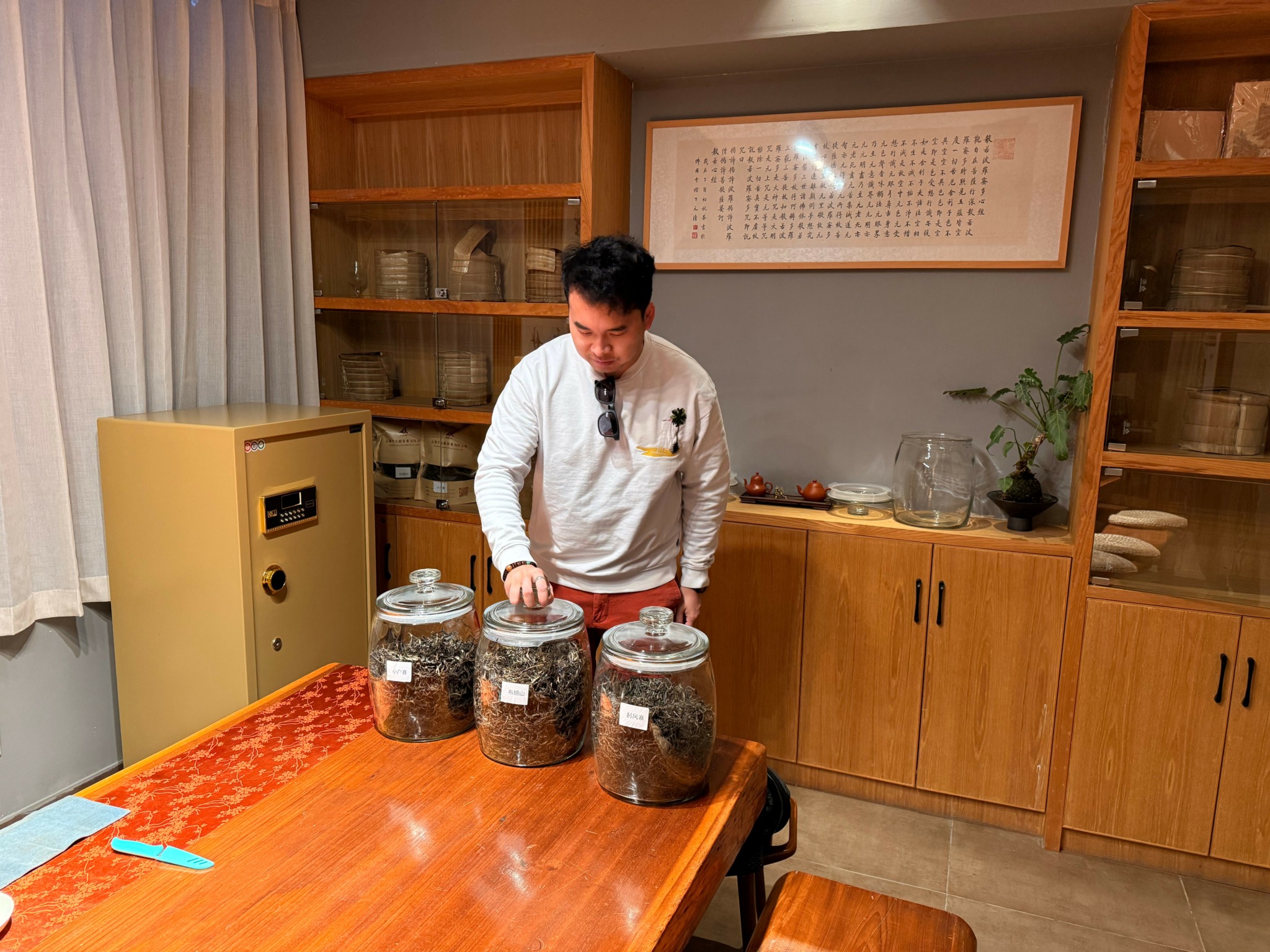
Solomon, love having you share your insights with us. Before we ask you more questions, maybe you can take a moment to introduce yourself to our readers who might have missed our earlier conversations?
Hi, I’m Solomon Chan, co-founder and CEO of Ivy Hermit, a cold brew tea startup based in New York City. I created Ivy Hermit because I wanted to share tea as it was meant to be—uncomplicated, intentional, and full of character. Not loaded with sugar or artificial flavors. Not just a wellness trend. But tea in its purest form: whole loose leaf leaves, water, and time.
Growing up Chinese American in San Francisco, tea was always a part of life. Every Sunday was dim sum with my family—yum cha, as we say in Cantonese, which literally means “drink tea.” But it wasn’t just about the tea—it was the ritual, the presence, the time we gave each other in our family. I’ve carried that with me ever since.
With Ivy Hermit, I wanted to bring that spirit into today’s world—especially into modern social settings, where most drinks are either caffeinated, carbonated, or alcoholic. I wanted to offer something that invites you to slow down and connect with friends and family. Something thoughtful, rooted, and beautiful.
Our cold brew tea is made with whole-leaf Chinese tea—no sugar, no additives—and brewed with pH-neutral Catskills spring water, which allows the tea’s true flavor to shine. That smooth, naturally sweet aftertaste? It comes from the leaf itself, not from anything added. Just the right leaves, handled with care, given time to unfold.
Our current lineup features:
• Crimson Peak – a deep, malty red tea with notes of cocoa and baked fruit
• Dragonwell Echo – a soft, fragrant green tea with osmanthus blossoms
• Enchanted Ancient Forest – a white tea from Yunnan ancient trees that are centuries old with earthy, grounding energy
What sets Ivy Hermit apart is the experience we’re offering. This is a drink you can bring to a dinner party, keep on your desk during a creative sprint, or sip alone as a way to reset. It’s not loud. It’s not flashy. It’s just… quiet. And sometimes, that’s exactly what we need.
Ivy Hermit is for people who want more from what they drink. More depth. More intention. More space to be still. More to connect offline:
If that sounds like you, welcome.
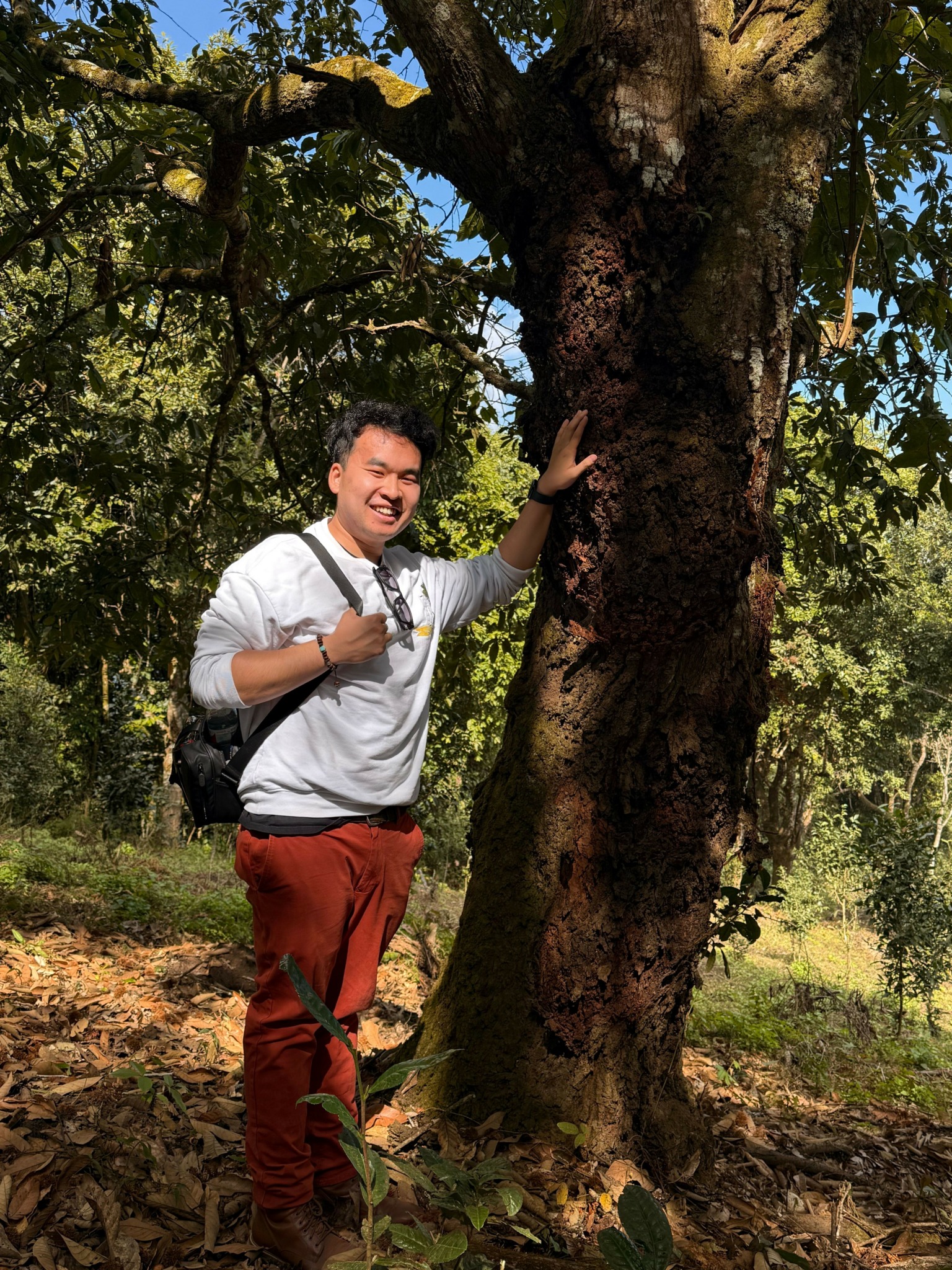
We often hear about learning lessons – but just as important is unlearning lessons. Have you ever had to unlearn a lesson?
One of the biggest lessons I had to unlearn was making assumptions about what people wanted—especially around tea. When I started Ivy Hermit, I was convinced that people were actively seeking high-quality tea, eager for nonalcoholic and coffee alternatives, and ready to embrace tea as a ritual and a social experience. I imagined they’d be excited to trade their cocktails for cold-brewed Dragonwell or ancient tree red teas.
But the reality was more nuanced. I realized that while interest in wellness and nonalcoholic options is growing, it’s not always top of mind—or fully understood—in the way I had hoped. Not everyone sees tea as a sensory journey or a social ritual. I had to unlearn my assumptions and meet people where they are. That meant educating gently, making the product more accessible, and creating experiences that naturally invited curiosity rather than expecting immediate appreciation.
This shift taught me the importance of listening first—whether through customer feedback, conversations at pop-ups, or simply observing how people engage. It’s not just about sharing what I love; it’s about building bridges between my world and theirs.
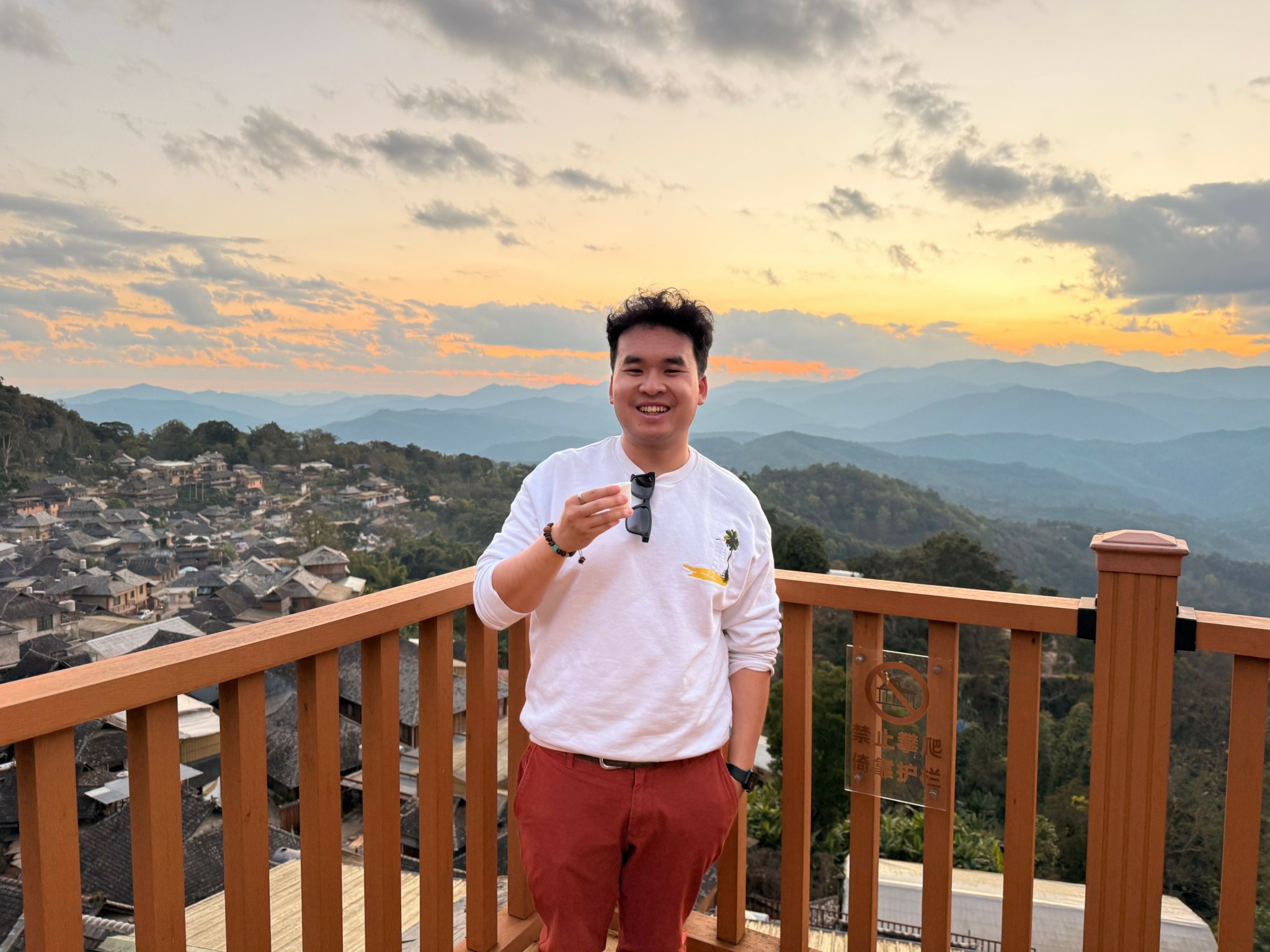
Can you tell us the story behind how you met your business partner?
I met my cofounder, James, back at UC Irvine during our undergrad days. We were just two kids navigating college life—him Korean American, me Chinese American—bonding over late-night conversations, shared meals, and a mutual love for thoughtful, intentional living. Over time, we became close friends, old roommates, and now, years later, current roommates again in New York City. It’s been 12 years of friendship, and now we’re building a business together.
What makes our partnership special is not just the time we’ve shared, but the cultural roots we bring into Ivy Hermit. Tea has always been a quiet but constant thread in both our upbringings—present at family dinners, holidays, and quiet moments at home. As Asian Americans, we’ve both seen how tea can be both sacred and social, grounding and energizing. With Ivy Hermit, we want to honor those traditions while reimagining what tea can be in a modern American context—elevated, non-alcoholic, and soulful.
Starting a cold brew tea business with James feels like the most natural progression of our friendship: a shared vision built on trust, heritage, and a desire to create something meaningful together.
Contact Info:
- Website: https://ivyhermit.com
- Instagram: ivyhermit
